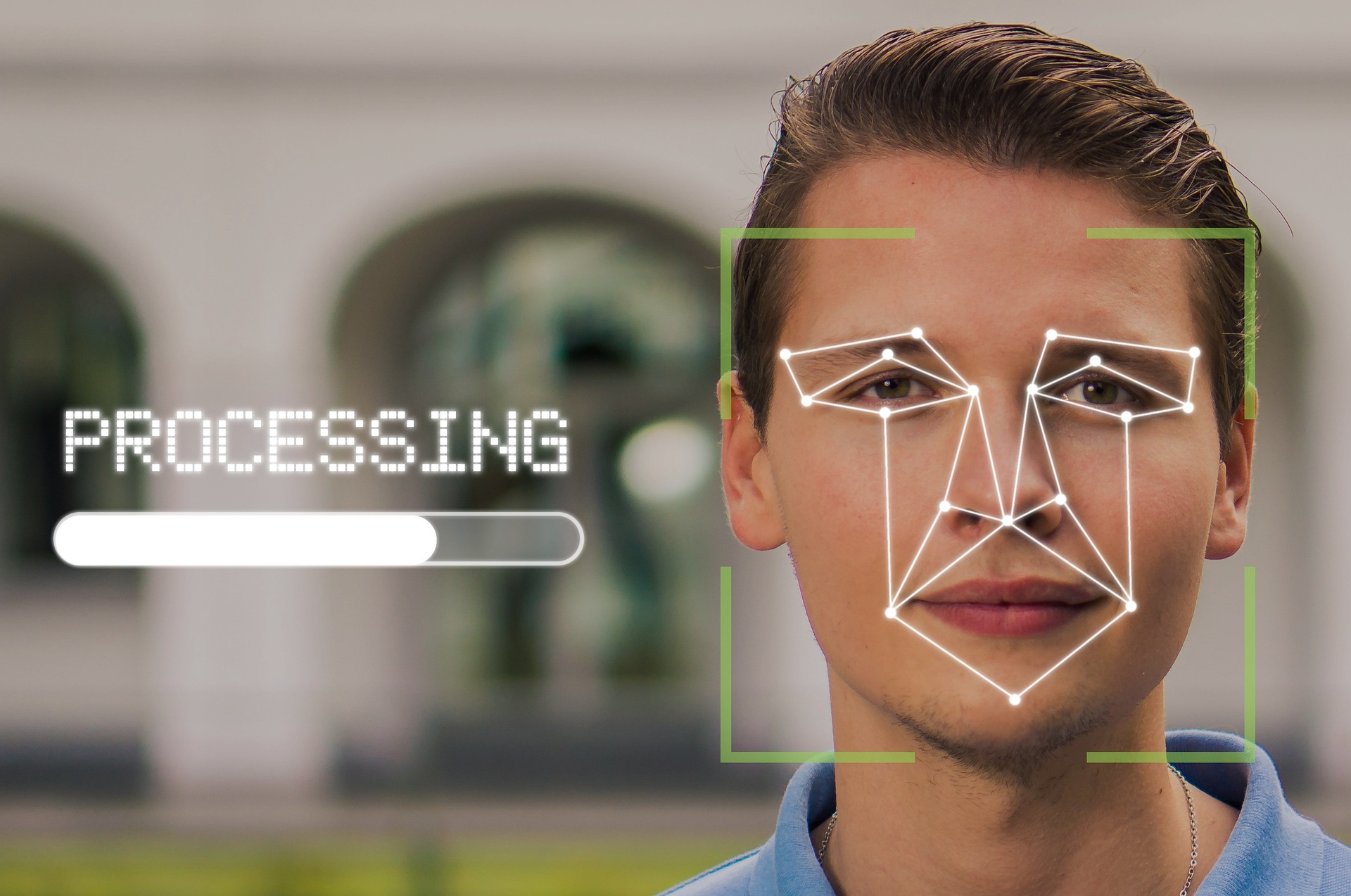Sweeping Changes in Intellectual Property Law: A Look at the Copyright Modernization Act
Introduction: In the dynamic world of intellectual property, recent developments have sparked considerable interest and debate. Among these, the Copyright Modernization Act stands as a significant legislative change that has far-reaching implications. This article will delve into the background, current updates, and social impact of this crucial law.
Background: The Evolution of Intellectual Property Laws
Intellectual property law has always been a dynamic and rapidly evolving field, reflecting the constant innovation and creativity in society. From the Statute of Anne in 1710, widely recognized as the first copyright law, to the Berne Convention for the Protection of Literary and Artistic Works in 1886, intellectual property laws have continuously adapted to meet the changing needs of creators and consumers alike. The Copyright Modernization Act is the latest step in this ongoing evolution.
The Copyright Modernization Act: A New Era in Intellectual Property Law
Introduced and passed in 2018, the Copyright Modernization Act aimed to update the copyright laws to reflect the digital age’s realities. It introduced several key changes, including extending the copyright term, introducing new exceptions for non-commercial user-generated content, and implementing measures to combat digital piracy. These changes were met with mixed reactions, with proponents lauding the law’s modernization efforts and critics arguing it could potentially stifle creativity and innovation.
Current Updates and Discussions
Since its enactment, the Copyright Modernization Act has been the subject of intense debate and scrutiny. There are ongoing discussions about the law’s effectiveness in combating digital piracy and protecting creators’ rights in the digital age. There have also been concerns about its potential impact on internet freedom and user-generated content, given the broad and somewhat ambiguous language used in the law.
Implications and Impact
The Copyright Modernization Act undoubtedly has significant implications for creators, consumers, and the digital landscape as a whole. For creators, the extended copyright term and increased protections against digital piracy offer greater control over their work and potential for financial gain. However, for consumers and creators of user-generated content, the law poses potential challenges. The new exceptions for non-commercial user-generated content are somewhat vague, leading to concerns about potential misuse and overreach.
The Future of Intellectual Property Law
The Copyright Modernization Act represents a significant shift in intellectual property law, reflecting the challenges and opportunities presented by the digital age. However, as with any new law, its effectiveness and potential impact remain to be seen. It will undoubtedly continue to be a topic of intense debate and scrutiny in the coming years, as legal experts, creators, and consumers grapple with its implications. The future of intellectual property law will likely continue to evolve in response to these discussions and the ongoing technological advancements that drive them.
In conclusion, laws like the Copyright Modernization Act reflect the continuous evolution of legal norms to accommodate societal changes. As technology advances and the ways we consume and create content continue to evolve, so too must our legal frameworks. The ongoing debates and discussions surrounding the Copyright Modernization Act highlight the importance of striking a balance between protecting creators’ rights and fostering innovation and creativity.





